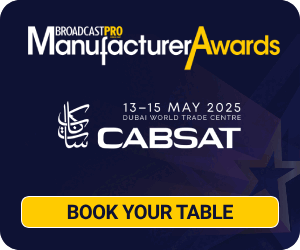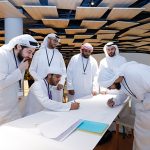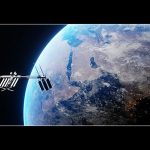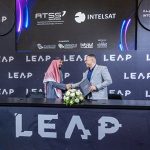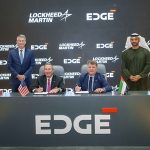There are now more countries joining the three space powers United States, Russia, and Europe, including China, India, and the United Arab Emirates, which hopes to become a major player.
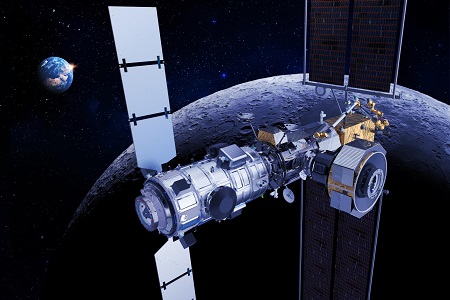 By Vincenzo Giorgio, Thales Alenia Space, Vice President for Institutional Marketing & Sales.
By Vincenzo Giorgio, Thales Alenia Space, Vice President for Institutional Marketing & Sales.
Solar System exploration is front-page news again. While Mars has been a prime focus for both the public and private space sectors in recent years, the Moon has also made a remarkable comeback. NASAs Artemis programme is of course the most visible and concrete sign of interest, with players from around the world mobilising to prepare for astronauts return to the Moon around 2025.
The three legacy space powers, the United States, Russia, and Europe, are now being joined by others, especially China of course, but also India and the United Arab Emirates, which is aiming to become a major player. The UAE is pulling out all the stops to develop the cutting-edge skills needed to explore our Solar System, in terms of navigation, orbital injection, etc. They are developing a solid space programme, which has already made considerable progress. The UAE has also joined the select club of countries with astronauts who have circled the Earth. In 2020, the United Arab Emirates launched a spacecraft called Al-Amal (“Hope”) into orbit around Mars, and it has sent back images of the Martian moon Deimos with unprecedented detail.
However, like the worlds leading space agencies and companies, including Thales Alenia Space, the Emirates quickly realised that space exploration can only succeed as a team effort. Thats why the United Arab Emirates Space Agency (UAESA) signed a collaboration agreement with the French space agency CNES in 2019 and in 2016 (renewed in 2021) with the Italian Space Agency, ASI. In 2020, UAE ratified the Artemis agreements with the United States. These international agreements provide a framework enabling countries to strengthen collaboration and peaceful coexistence in space exploration, planetology, and space engineering, paving the way for Lunar and Martian exploration. During the International Astronautical Congress (IAC) in 2021, the Mohammed Bin Rashid Space Centre (MBRSC) signed a Memorandum of Understanding (MoU) with Thales Alenia Space and ALTEC (Aerospace Logistics Technology Engineering Company), to identify opportunities to study and develop solutions for space and planetary exploration systems.
Thales Alenia Space fully embraces the collaborative approach to the exploration of Mars and the Moon. The company is also pleased with ESAs decision in November 2022 to maintain the ExoMars mission. While continuing its leading European role in the Artemis programme as the supplier of three key modules for the lunar space station: the Habitation and Logistic Outpost HALO, the International Habitat I-HAB and the European System Providing Refueling, Infrastructure and Telecommunications, ESPRIT, Thales Alenia Space is ready to serve future initiates thanks to its strong heritage and unique expertise in pressurised modules as well as mobility assets.
Thales Alenia Space plays a key role in the Artemis mission: the company, partnering with Northop Grumman, is contributing to the HALO, the NASA habitation and logistic module that enables the initial life environment on Lunar Gateway, and acts as a prime contractor for the International Habitation Module (I-HAB), the European home in Lunar Orbit and the breathtaking new windowed module ESPRIT, (European System Providing Refueling, Infrastructure, and Telecommunications) ensuring enhanced communications, refuelling capability, and additional pressurised environment marking history for the new industrial solutions to get to the Moon and beyond.




